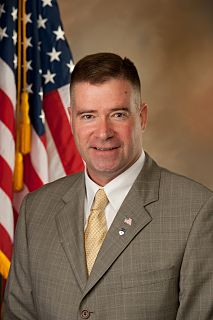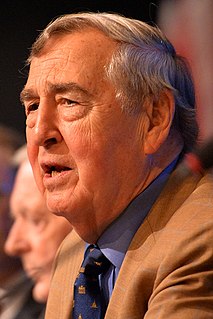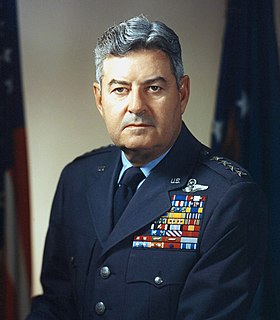A Quote by Chris Gibson
The decision to use military force should always be one made with the utmost caution, with U.S. interests at stake, and with the consent of Congress.
Related Quotes
The most fundamental paradox is that if we're never to use force, we must be prepared to use it and to use it successfully. We Americans don't want war and we don't start fights. We don't maintain a strong military force to conquer or coerce others. The purpose of our military is simple and straightforward: we want to prevent war.
It requires but a very small glance of thought to perceive, that although laws made in one generation often continue in force through succeeding generations, yet that they continue to derive their force from the consent of the living. A law not repealed continues in force, not because it cannot be repealed, but because it is not repealed; and the non repealing passes for consent.
We should always settle disputes through dialogue and cooperation, and should not resort to the use or threat of force on the slightest provocation. We should get rid of Cold War thinking and broaden the converging points of our common interests, notwithstanding the differences in social systems and ideologies.
The libertarian approach is a very symmetrical one: the non-aggression principle does not rule out force, but only the initiation of force. In other words, you are permitted to use force only in response to some else's use of force. If they do not use force you may not use force yourself. There is a symmetry here: force for force, but no force if no force was used.
The Court's decision reflects the philosophy that judges should endure whatever interpretive distortions it takes in order to correct a supposed flaw in the statutory machinery. That philosophy ignores the American people's decision to give Congress '[a]ll legislative Powers' enumerated in the Constitution. They made Congress, not this Court, responsible for both making laws and mending them.
Congress has created and funded a huge peacetime military that has substantial abilities to wage offensive operations, and it has not placed restrictions on the use of that military or the funds to support it, because it would rather let the president take the political risks in deciding on war. If Congress wanted to play a role in restricting war, it could - it simply does not want to. But we should not mistake a failure of political will for a violation of the Constitution.
































